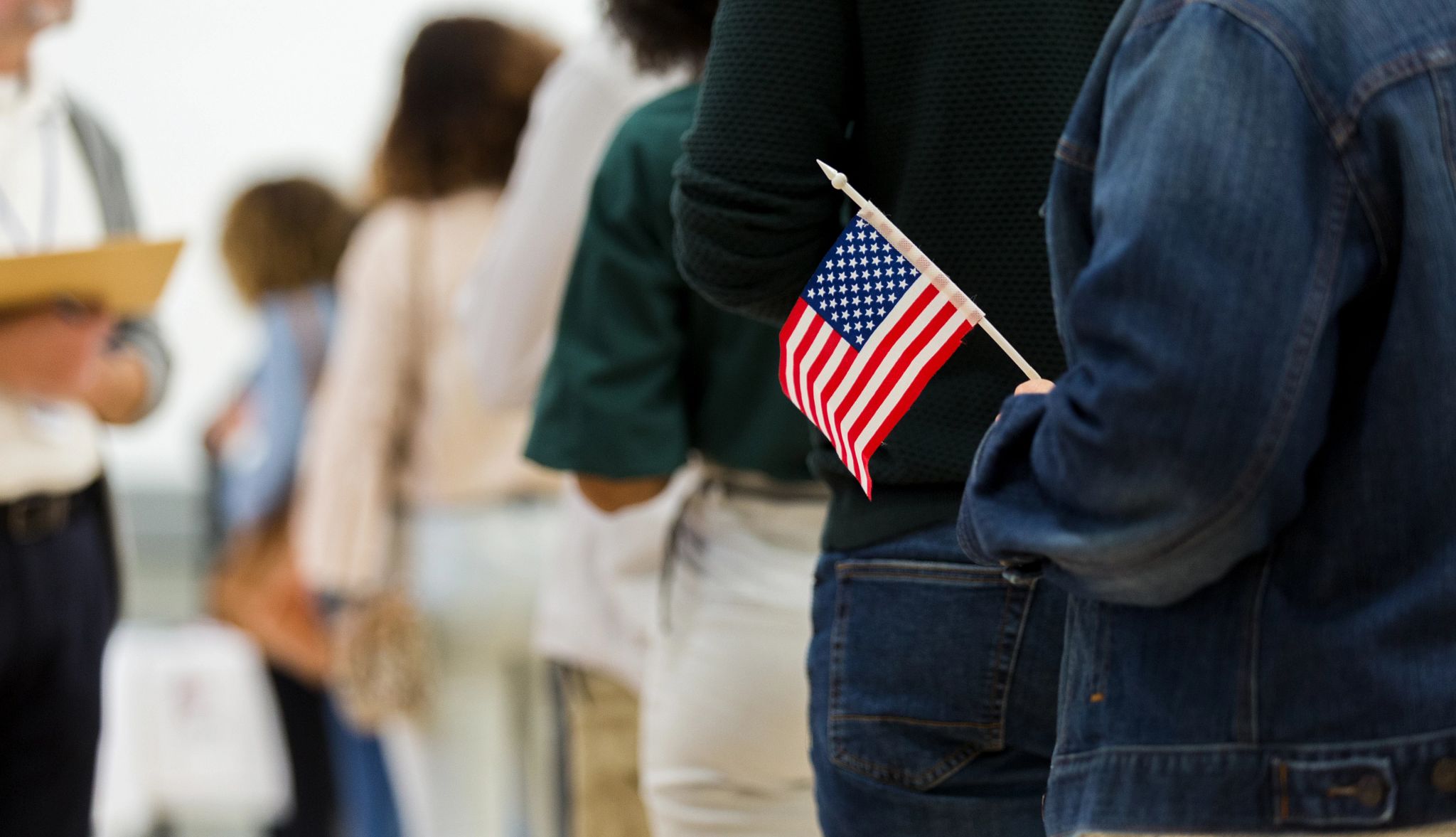AARP Hearing Center
Important dates and election information:

- Deadline to register to vote: Saturday, Oct. 12
- Early voting: Friday, Oct. 25, through Sunday, Nov. 3
- Deadline to request an absentee ballot: Friday, Nov. 1
- Deadline to return an absentee ballot: Tuesday, Nov. 5 at 8 p.m.
- General election: Tuesday, Nov. 5
Voting at a glance
- Voter registration: The deadline to register to vote is Saturday, Oct. 12. To check your registration status, use the Department of Elections’ online tool.
- Absentee voting: Absentee ballots are available to voters who will be out of town on Election Day or have another acceptable excuse.
- Early in-person voting: All voters can cast a ballot during early in-person voting.
- Voting at the polls: Polls are open from 7 a.m. to 8 p.m. on Election Day. Find your polling place with Delaware’s online lookup tools.
Recent voting changes in Delaware
- As of 2023, when you apply for or renew your driver’s license, learner’s permit or ID card with the Delaware Division of Motor Vehicles, you’re automatically registered to vote.
- In 2022, Delaware began offering early in-person voting. In February 2024, a Delaware Superior Court ruling declared early voting unconstitutional, but the decision was reversed by the Delaware Supreme Court in June, making early voting available again to all voters for the general election.

How to register to vote
When you apply for or renew your driver’s license, learner’s permit or ID card, or apply to change your name or address with the Delaware Division of Motor Vehicles, you’ll be automatically registered to vote, as long as you’re eligible. You’ll get a notice by mail that you’ve been registered as an unaffiliated voter. To declare party affiliation or decline registration, return the notice using the provided pre-addressed, postage-paid envelope.
Registration applications must be received or postmarked by Saturday, Oct. 12, at 11:59 p.m.
- Online: Use the state’s voter registration portal to register or check your registration status. You’ll need your Delaware driver’s license or state ID number.
- By mail: Print and complete a voter registration form, and return it by mail, email or fax to your county elections office. Include a copy of your Delaware driver’s license, state-issued ID, current utility bill or another document that confirms your name and address.
- In person: Go to your county elections office, or register at any of the locations listed on the Department of Elections website. Bring a valid photo ID or document that contains your name and address, such as a utility bill or bank statement.
Registering to vote on Election Day
Delaware does not offer Election Day voter registration.
Check your voter registration status
Determine your registration status at visit/ivote.de.gov.
How to request an absentee ballot
Absentee ballots are available to voters who will be out of town on Election Day or who have an acceptable reason not to vote in person.
- Online: Use the state’s voter services portal to complete an application to receive a ballot by mail.
- By mail, fax or email: Download, print and complete a ballot application; then mail, fax or email it to your county elections office.
- In person: Go to your county elections office and fill out an application.
Applications submitted online, by mail, fax or email must be received – not just postmarked – by Friday, Nov. 1. You can apply in person up until noon the day before Election Day.
Returning your absentee ballot
Return your completed ballot by mail or in person to your county elections office. You may also have someone deliver your ballot for you. Your absentee ballot must be received – not just postmarked – by 8 p.m. on Election Day.
Use the state’s voter services portal to track the status of your ballot. Call your county elections office with questions.
Voting in person before Election Day
Early voting runs Friday, Oct. 25, through Sunday, Nov. 3. Polling hours are 11 a.m. to 7 p.m. for the first five days of early voting and 7 a.m. to 7 p.m. for the last five days. Find your polling place with Delaware’s online lookup tool.
When arriving to vote, you’ll be asked to provide a permitted form of ID, such as a valid photo ID, a copy of a utility bill, a bank statement or a government check, paycheck, or other government document that displays your address.
Voting at the polls on Election Day
Polls are open from 7 a.m. to 8 p.m. Find your polling place with Delaware’s online lookup tool.
Check the secretary of state’s website for sample ballots closer to Election Day.
Voter ID requirements on Election Day
You’ll be asked for proof of identity. Acceptable forms of ID include a Delaware driver’s license or ID card, U.S. passport, signed polling place card, signed Social Security card, signed vehicle registration or signed credit card with a photo.
If you don’t provide proof of identity but your name appears on the poll list for your Election District, you may complete an Affidavit of Voter Identity form vowing your identity, and you’ll be permitted to vote.
Voting with a disability
Delaware provides accessible polling places and voting machines. Voters who need assistance at the polls can request help from an election officer or someone of their choice as long as that person is not the voter’s employer or a member of a union of which the voter is a member.
Absentee voting options are available for those who use accessibility tools. Voters who are sick or disabled may request to have an absentee ballot electronically delivered and returned.
Find more information on the Department of Elections website.
Editor’s note: This guide was originally published Jan. 18, 2024, and updated with new information about voting in the 2024 elections.
Grace Dickinson is a writer for aarp.org who covers federal and state policy. She previously wrote for The Philadelphia Inquirer. Her work has also appeared on sites including HuffPost and Eater.
Also of Interest:
- Follow AARP's political coverage
- Keep up with local events and AARP advocacy efforts
- Find voter guides for all 50 states
- Learn more about AARP’s caregiving advocacy work































































